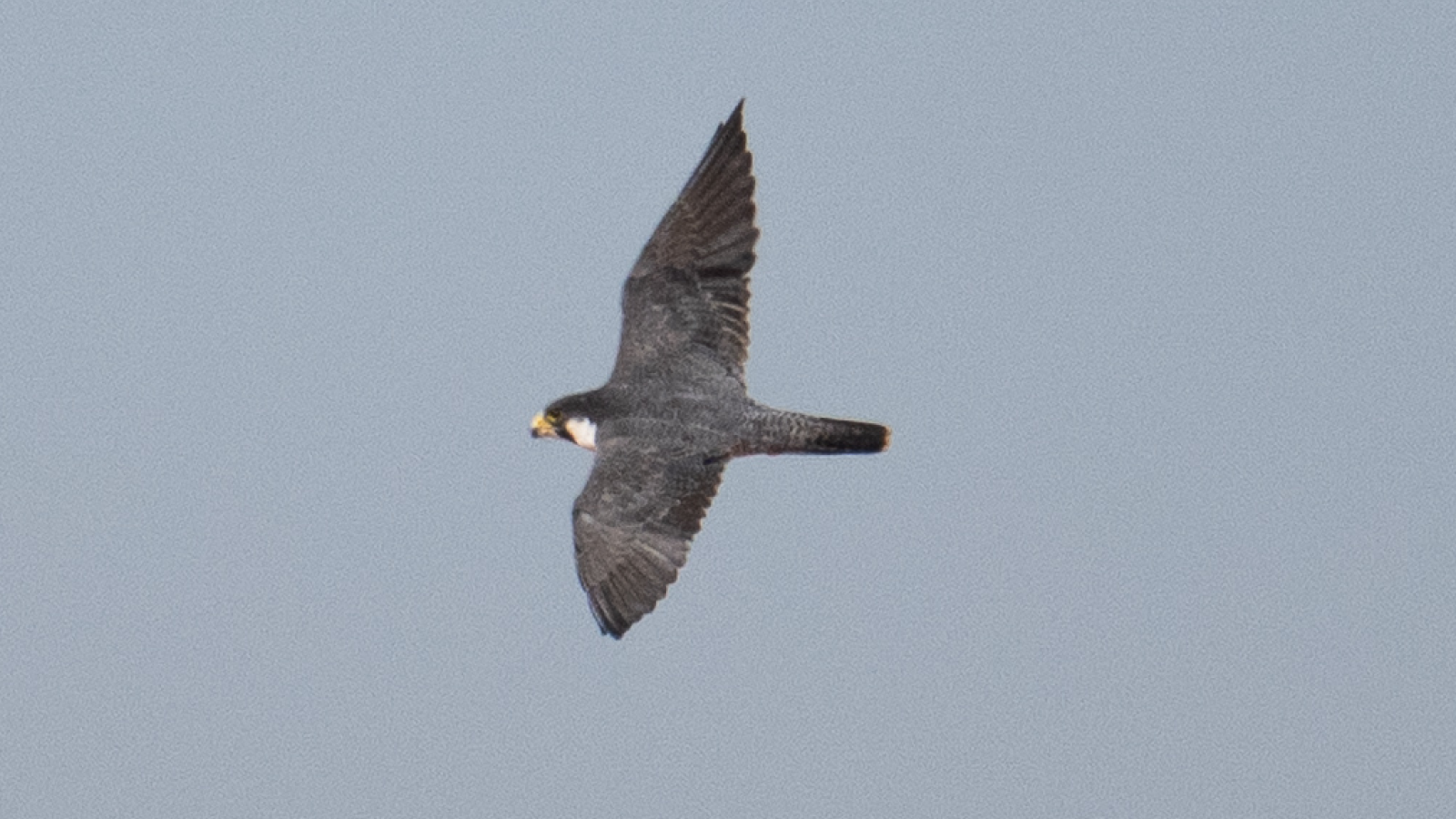Honeybees Know a Lot About Nothing

Get the world’s most fascinating discoveries delivered straight to your inbox.
You are now subscribed
Your newsletter sign-up was successful
Want to add more newsletters?

Delivered Daily
Daily Newsletter
Sign up for the latest discoveries, groundbreaking research and fascinating breakthroughs that impact you and the wider world direct to your inbox.

Once a week
Life's Little Mysteries
Feed your curiosity with an exclusive mystery every week, solved with science and delivered direct to your inbox before it's seen anywhere else.

Once a week
How It Works
Sign up to our free science & technology newsletter for your weekly fix of fascinating articles, quick quizzes, amazing images, and more

Delivered daily
Space.com Newsletter
Breaking space news, the latest updates on rocket launches, skywatching events and more!

Once a month
Watch This Space
Sign up to our monthly entertainment newsletter to keep up with all our coverage of the latest sci-fi and space movies, tv shows, games and books.

Once a week
Night Sky This Week
Discover this week's must-see night sky events, moon phases, and stunning astrophotos. Sign up for our skywatching newsletter and explore the universe with us!
Join the club
Get full access to premium articles, exclusive features and a growing list of member rewards.
Humans aren't the only species that can ponder abstract mathematical concepts like nonexistence. In addition to some other animals, honeybees understand that the number zero is less than 1, according to a new study.
Dolphins, African gray parrots and nonhuman primates also understand the idea of "zero," but researchers were surprised to find that honeybees also comprehend this concept, considering the insects' tiny brains, according to a statement from RMIT University in Melbourne, Australia.
Honeybees have fewer than 1 million neurons, compared with the 86 billion neurons in humans — and yet, they grasp a concept that humans, by some measures, don't start to understand before preschool, according to NPR.
The researchers set up two cards, each of which had a set of symbols on them, like triangles or circles. Then, they trained a group of the bees to fly to the card with the lower number of symbols. (The bees quickly learned what the humans wanted them to do to get their delicious, sugary rewards).
The trained bees were then shown a card that was empty versus one that had symbols on it. Without any prior training, the bees flew more often to the empty card — thereby demonstrating that they understood that "zero" was a number less than the others, according to the study, which was published Thursday (June 7) in the journal Science.
Although they flew more often to an empty card than to one that had one symbol on it, it became easier for them to differentiate when the symbols' card increased in number. For example, they more often flew to the zero when the other card had four symbols than when it had one, according to NPR.
Perhaps these findings will shed light on the brain mechanism behind what allows us to understand the concept of "nothing," Adrian Dyer, a researcher at RMIT University and senior author of the study, said in the RMIT statement. This understanding, in turn, could help in the development of artificial intelligence that also understands this concept.
Get the world’s most fascinating discoveries delivered straight to your inbox.
"If bees can perceive zero with a brain of less than a million neurons, it suggests there are simple, efficient ways to teach AI new tricks," Dyer said in the statement.
Originally published on Live Science.

Yasemin is a staff writer at Live Science, covering health, neuroscience and biology. Her work has appeared in Scientific American, Science and the San Jose Mercury News. She has a bachelor's degree in biomedical engineering from the University of Connecticut and a graduate certificate in science communication from the University of California, Santa Cruz.
 Live Science Plus
Live Science Plus










